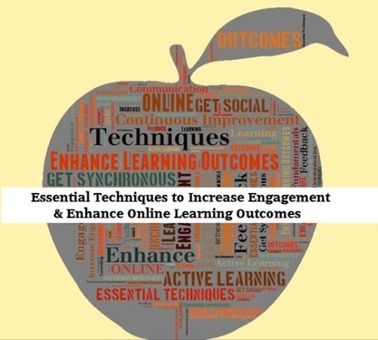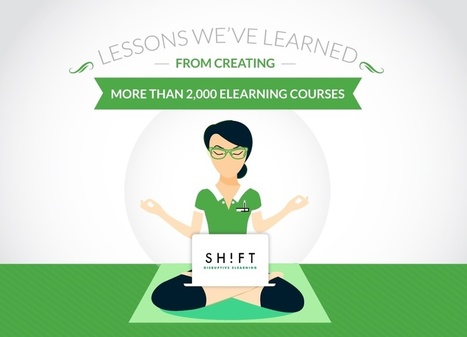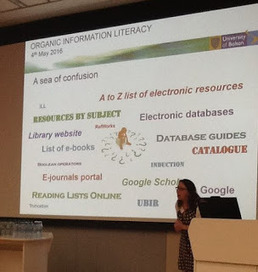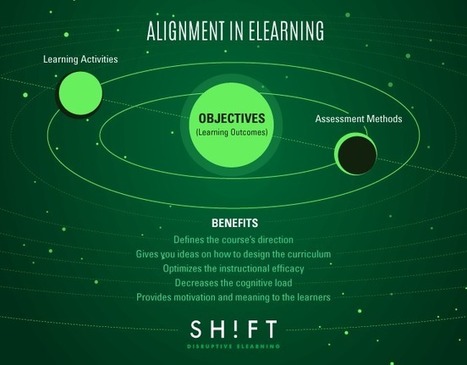Last week here on the ol’ blog, I presented a preface to a series of posts about designing and teaching intermediate and advanced philosophy courses using the ACRL’s Information Literacy Framework. In this week’s installment in the series, I’m going to take a little time to walk through the thought process behind my course-building work, in which I used a sort of backward design to grow the pedagogical skeleton for my PHIL 230 (Studies in Philosophy) classes. What I’m most interested in accomplishing with this post is a fairly rudimentary account of how the Framework can be used to generate and support course outcomes.
Research and publish the best content.
Get Started for FREE
Sign up with Facebook Sign up with X
I don't have a Facebook or a X account
Already have an account: Login
Literacy in a digital education world and peripheral issues.
Curated by
Elizabeth E Charles
 Your new post is loading... Your new post is loading...
 Your new post is loading... Your new post is loading...
|
|



















